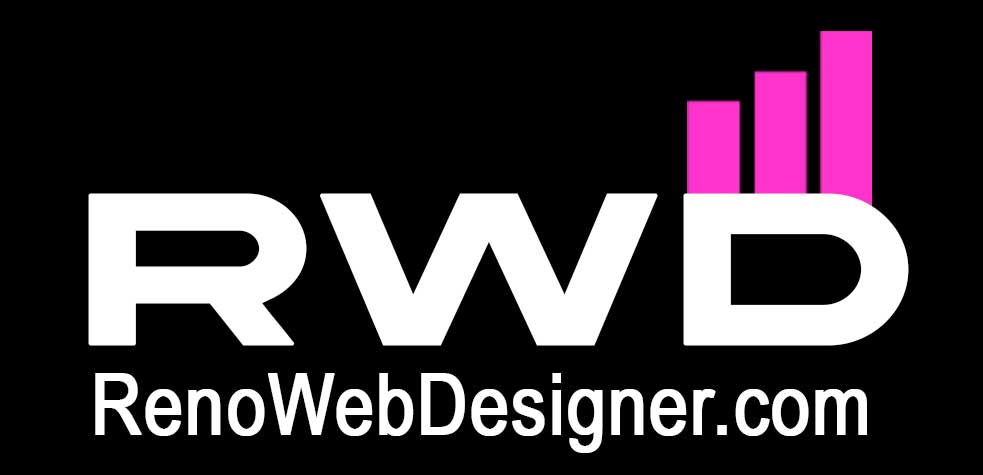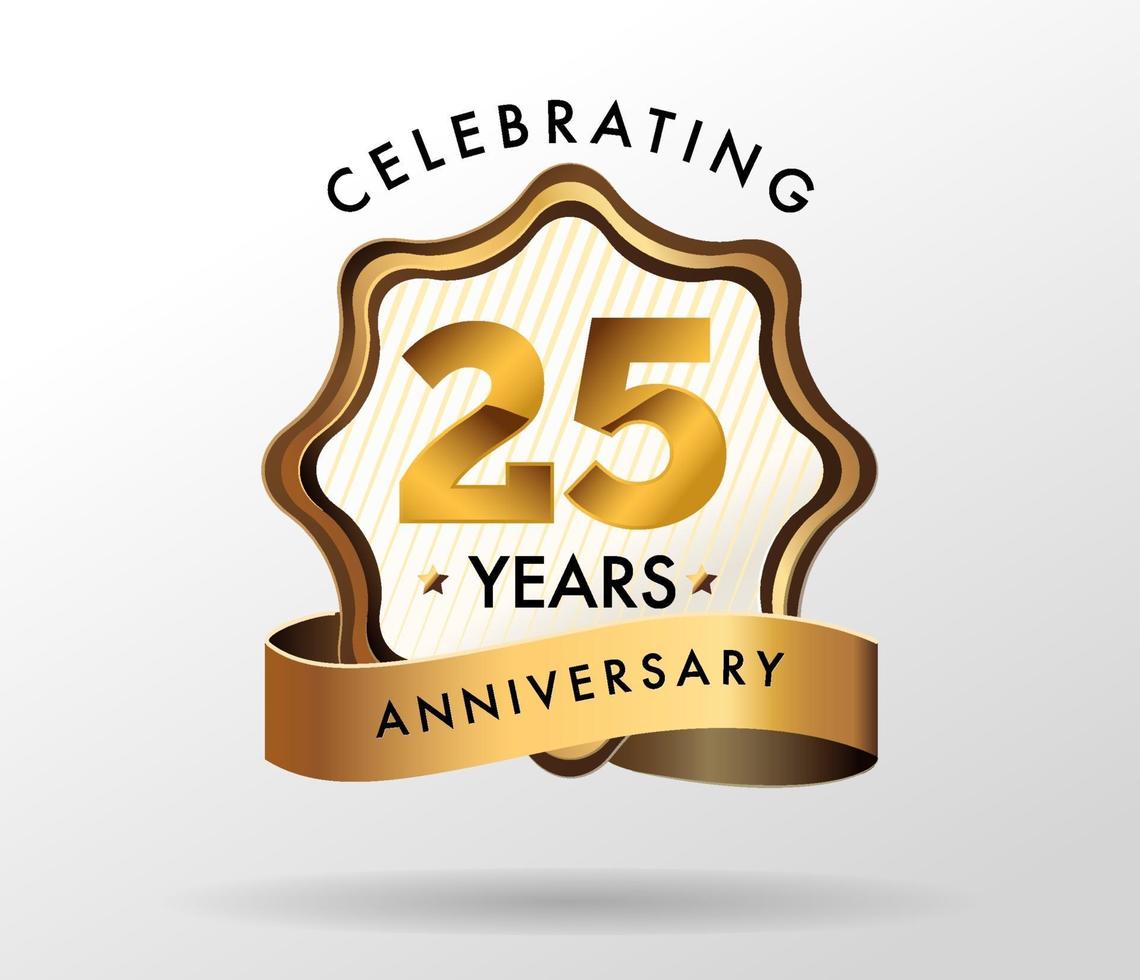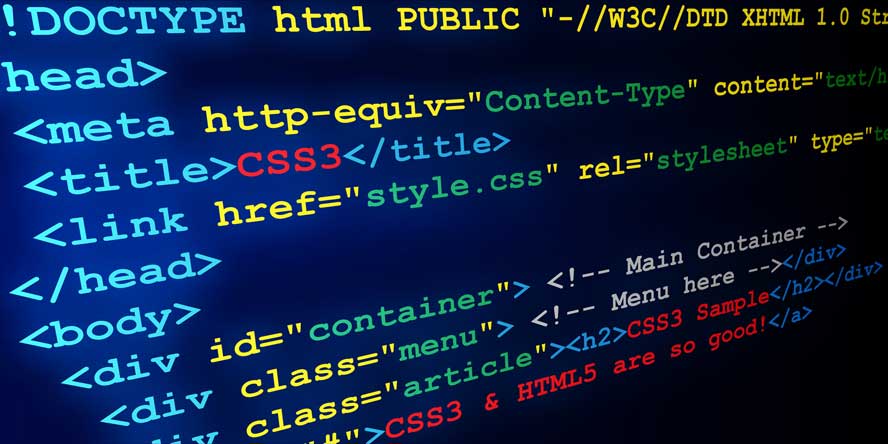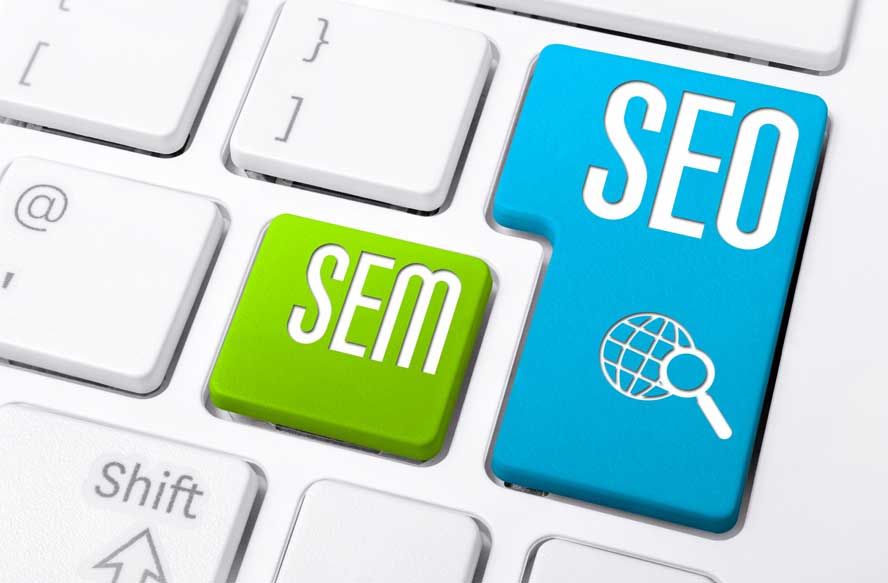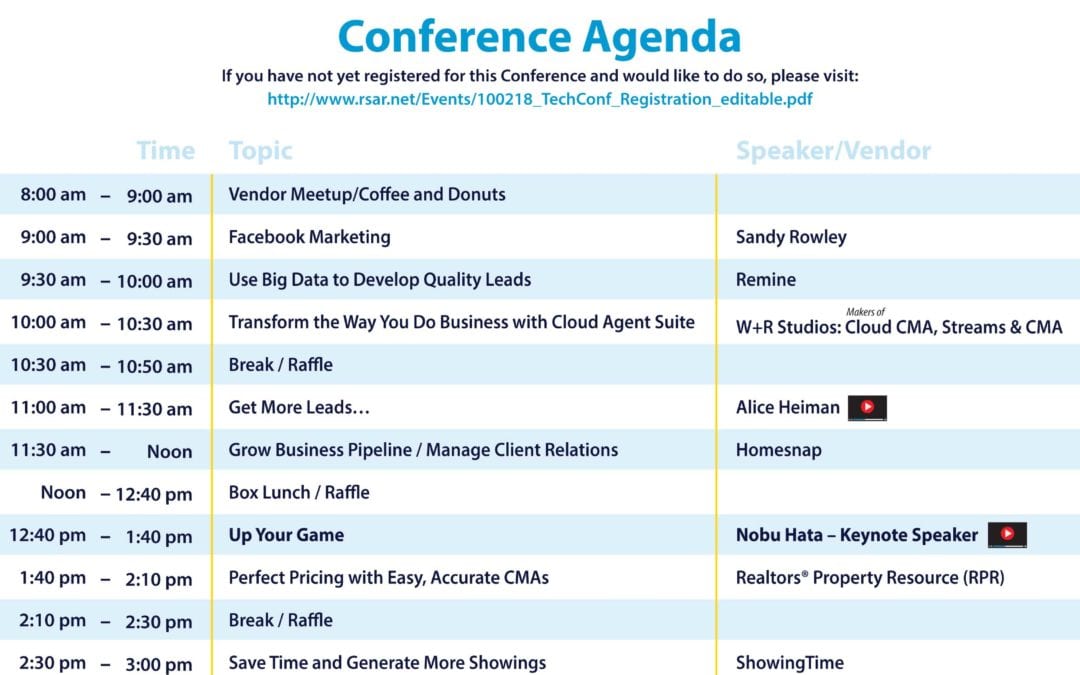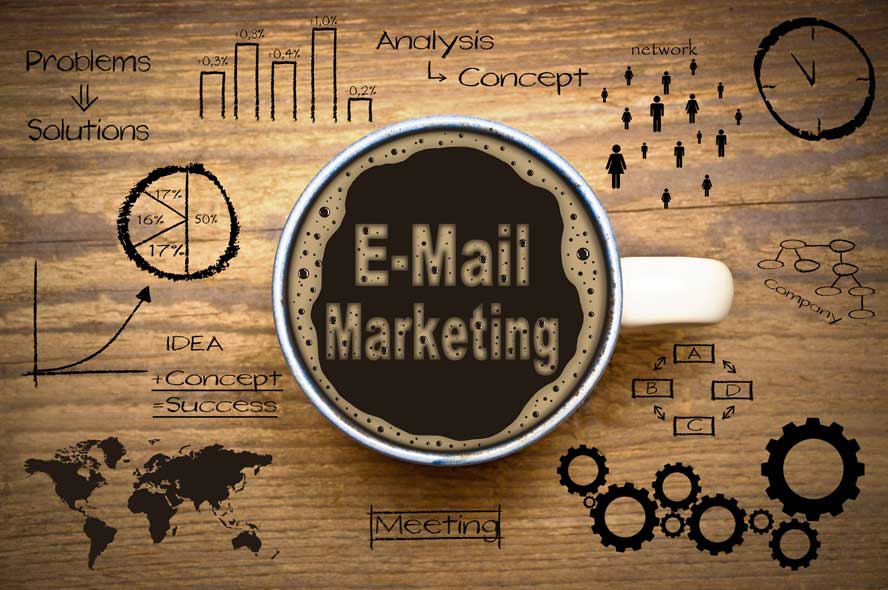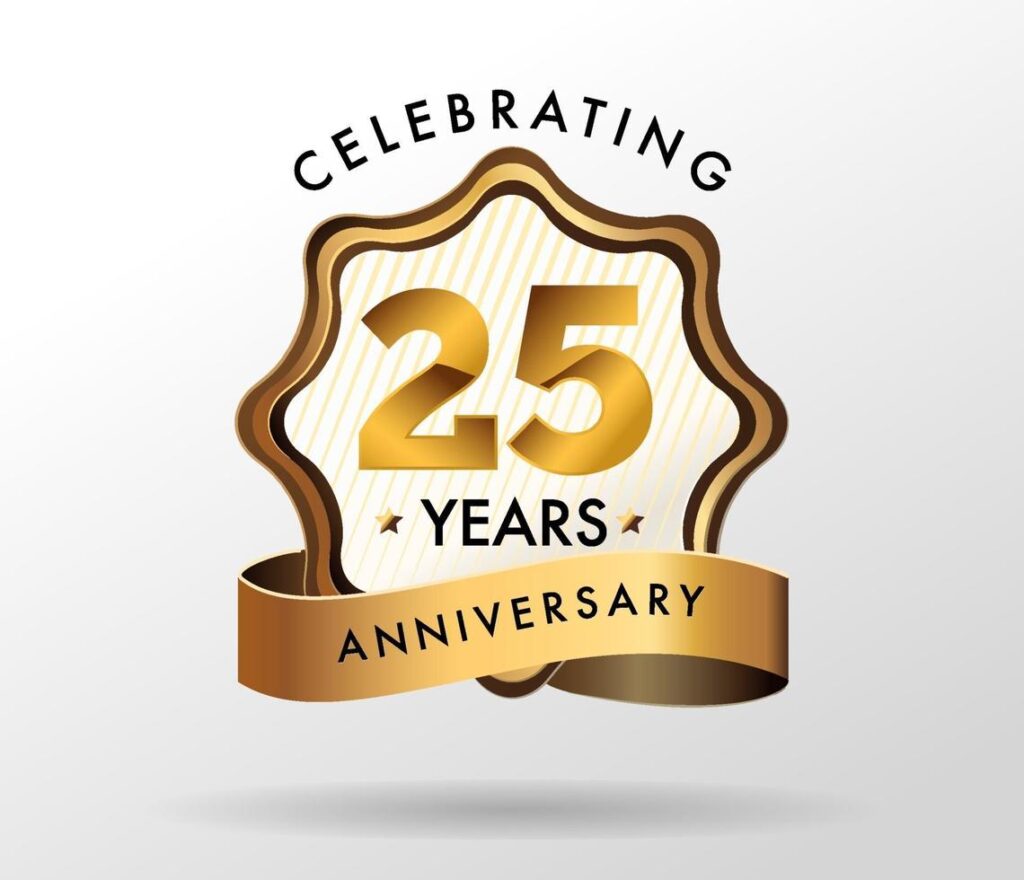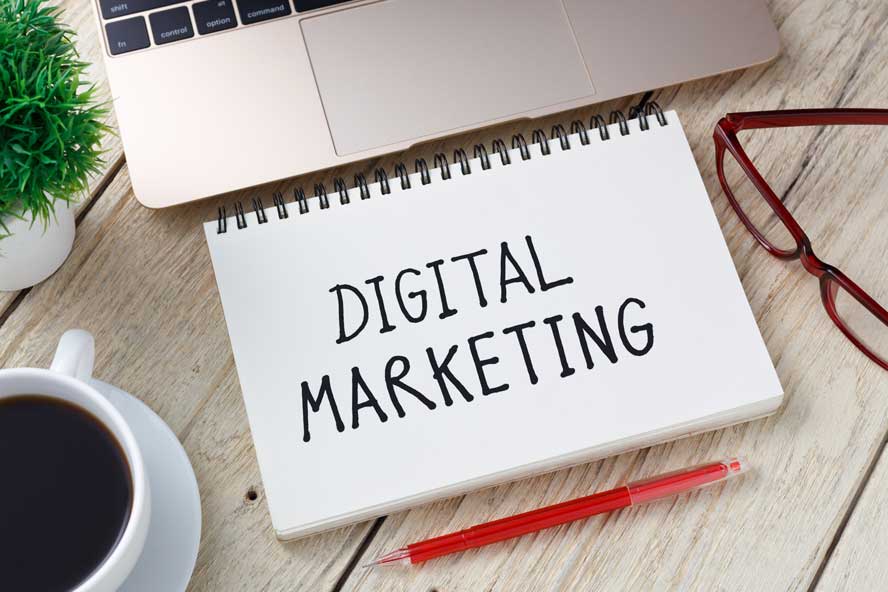
How to Create a Killer Digital Marketing Plan for Your Business
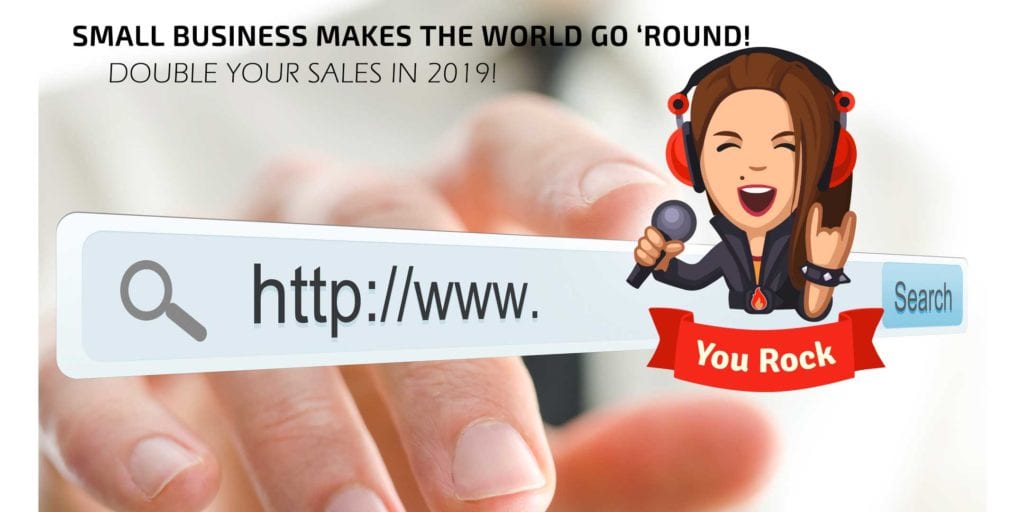
Every business needs to think about their marketing efforts. There are many things businesses can do to ensure the success of their marketing plans such as SEO, paid advertising, social media, and more.
But before business can put any of these things to work, they need a clear digital marketing plan.
In this article, we will show you how to get yours in motion. Let’s get started.
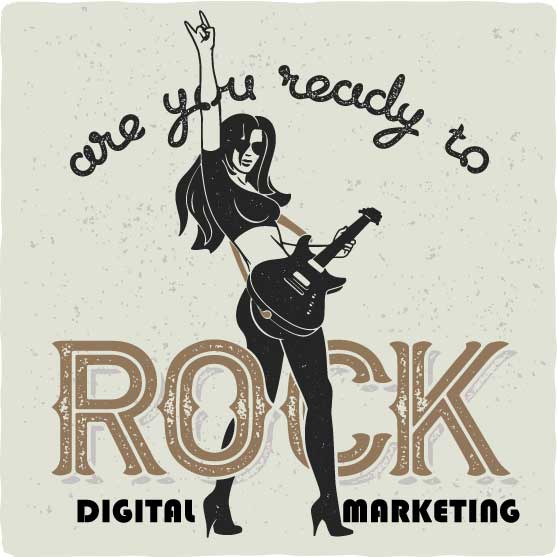
RSVP for our Reno Nv Marketing Workshop here: TBD. Follow us on Meetup to see our next marketing support groups, networking events and live digital marketing workshops.
Know Your Audience
Before you begin your marketing strategy, you need to identify who your audience is. Different audiences respond better to certain tactics, so a marketing strategy is not one size fits all.
Both need to work hand in hand to determine what your target audience will respond better to.
For example, if your audience is women in their 20s and 30s, your campaign should include more social media tactics. On the other hand, if your audience is men in their 60s and up, you wouldn’t focus all your efforts on social media.
Set a Clear Objective
After you’ve identified who you want to target, it’s time to set clear objectives.
Answer the question, what do you want your marketing strategy to achieve? In order to effectively answer the question, you need to have a defined mission and objectives.
Measure the Effectiveness of Your Plan
You need always to measure the effectiveness of your marketing strategy. How can this be possible?
It can be done by choosing monitoring tools and keeping a close eye on them.
For example, at the beginning of your strategy, you might want to set KPI’s and measure their effectiveness.
Whatever other tools you should measure the effectiveness of your strategy, you need to ensure you keep an eye on it.
Learn From the Past Mistakes
Unless your business is brand new, chances are you’ve created a marketing strategy before.
And while you might be tempted to carry on some of the tactics that worked for you before, you must also learn from your past mistakes.
Knowing the previous failures of your marketing strategy will help you identify what not to do in the future.
The more information you make, the more successful your new strategy will be.
Set a Budget
This one is one of the most important tips to keep in mind. When coming up with a marketing plan, you need to always stick to your budget.
If you’re going to outsource to a marketing agency, make sure you discuss the budgets in the early meetings.
Determine how much you want to spend on paid promotion such as banners and pay per click.
Make a Plan but Allow for Detours
Finally, while it’s important you make a plan from the beginning, allow for some flexibility.
If something doesn’t seem to be working out, go ahead and change it.
Create a Digital Marketing Plan: The Bottom Line
Now that you know more about creating a digital marketing plan, you can get started and give it a try.
Remember to identify your audience, set a budget, and make a plan.
If you enjoyed these tips and would like to learn more about marketing tips, visit the marketing section of our blog.
